Cracks within the Economic Community of West African States (ECOWAS) leading to the exit of Burkina Faso, Mali and Niger Republic from the group at once, reflects Nigeria’s diminishing regional and global influence, says veteran diplomat, Oseloka Obaze.
Obaze, a former United Nations official and member of the Nigerian Diplomatic Service (1982-1991), attributed what is happening in ECOWAS to lack of purposeful leadership that should optimally serve the economic and political interests of member states.
ECOWAS, founded on 28 May 1975, spearheaded by Nigeria under the military government of General Yakubu Gowon, was to promote economic integration across the West African region.
It has 15 members states in the West African, but on Sunday, Burkina Faso, Mali and Niger, currently under military regime, jointly announced their decision to quit the union. This followed their suspension and sanctions by ECOWAS over failure to accept proposals to return to democratic government.
This is the first time in its almost five decades of existence that the regional organisation witnessed an abrupt pull out of three countries at the same time. Mauritania was the first country to quit the Bloc in December 2000, but rejoined in December 2019.
The three West African countries said their decision to quit was because, according to them, ECOWAS no longer pursues the interests of its people but is influenced by foreign powers.
They also criticised ECOWAS for the sanctions imposed on them as part of measures to reverse the coups staged by the now junta leaders in their respective countries.
“ECOWAS, under the influence of foreign powers, betraying its founding principles, has become a threat to its member states and its populations whose happiness it is supposed to ensure.
“Indeed, the organisation has not provided assistance to our States in the context of our existential fight against terrorism and insecurity; worse, when these States decided to take their destiny into their own hands, it adopted an irrational and unacceptable posture by imposing illegal, illegitimate, inhumane and irresponsible sanctions in violation of its own texts; all things which have further weakened populations already bruised by years of violence imposed by instrumentalised and remote-controlled terrorist hordes,” the three countries said in a joint statement broadcast on Sunday.
READ ALSO: Burkina Faso, Mali, Niger Withdrawal From ECOWAS Setback For W’Africa – Shehu Sani
Commenting on the development, Obaze in his Policy Briefs titled “Selonnes Policy Tidbits: ECOWAS Unglued And Unbundled”, said the move by Burkina Faso, Mali and Niger to exit from ECOWAS was “unheralded but not entirely unexpected.”
He added that “If the UK could exit the EU, then every regional bloc stood at risk, if and when reaching consensus becomes intractable and a counterpoise to achieving national interest.”
Referring to his earlier policy brief titled “Avoiding the Niger Quagmire,” published on Prime Business Africa platform when ECOWAS threatened to adopt military intervention in Niger in response to military take over of power, Obaze, alluded to the narrative that ECOWAS had allowed itself to be used in serving the interest of western powers.
He had in the article cautioned that “What happened in Niger is of interest to France, the U.K., the U.S. and Russia. We certainly don’t want to make West Africa the ‘Grand Chessboard’ for global powers fixated on controlling the uranium rich territory.”
With the reality of the three countries’ decision to leave ECOWAS, Obaze asserted that the regional bloc is now “unglued and unbundled.”
The veteran diplomat and former secretary to the Anambra State government (2012 to 2015), recalled that ECOWAS was formed when Nigeria was under military regime but has sadly witnessed split when the country, considered the giant of Africa, is under democratic rule.
“Ironically, it was under Nigeria’s military regime that ECOWAS was founded. Now under Nigeria’s democratic regime ECOWAS has split. #BuFMaNxit is real and we know the architect,” Obaze stated.
Continuing, he remarked: “Nigeria in her erstwhile bellwether and regional hegemon role, would have never allowed ECOWAS to splinter. That this has happened, speaks to Nigeria’s overly diminished regional and global influence and her flux domestic circumstances.
“All said, purposeful leadership matters; and Nigeria is not providing that desirable leadership, not in West Africa and certainly, not on the African continent.”
The exit of Burkina Faso, Mali and Niger from ECOWAS has opened a new chapter in the diplomatic controversies sparked by the military coups in those three West countries.
Victor Ezeja is a passionate journalist with seven years of experience writing on economy, politics and energy. He holds a Master's degree in Mass Communication.

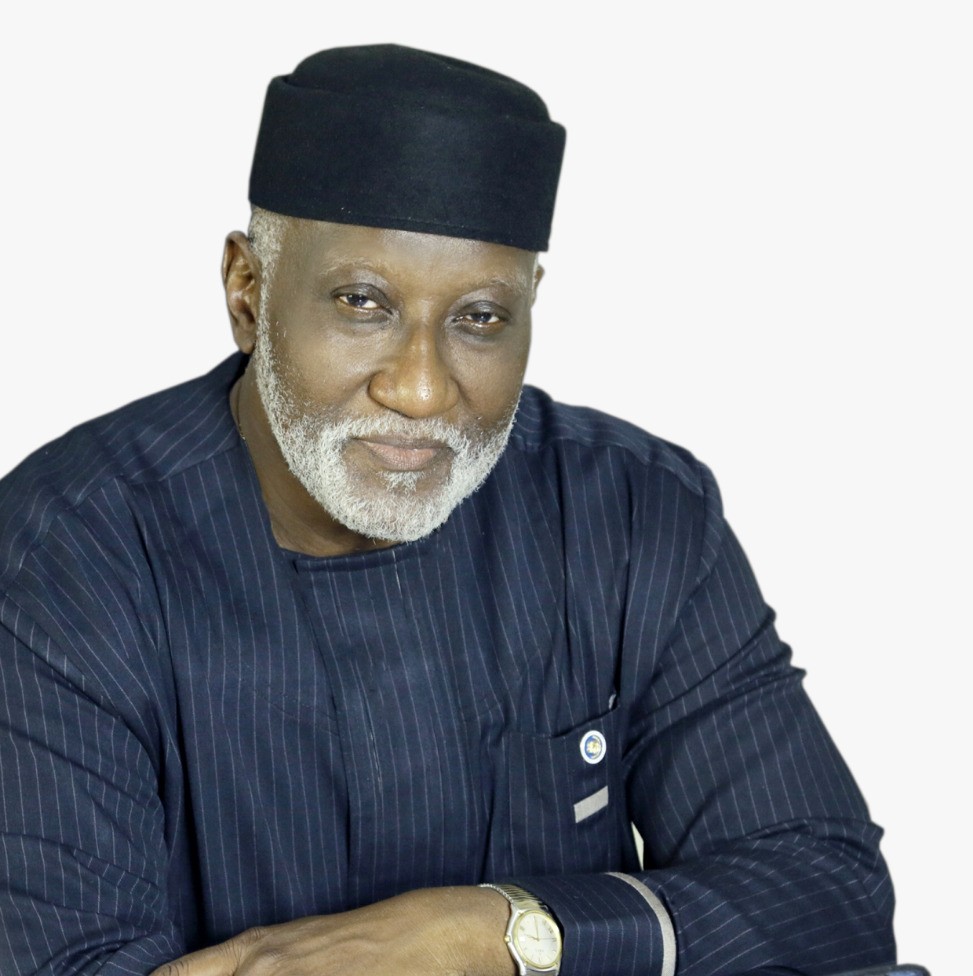



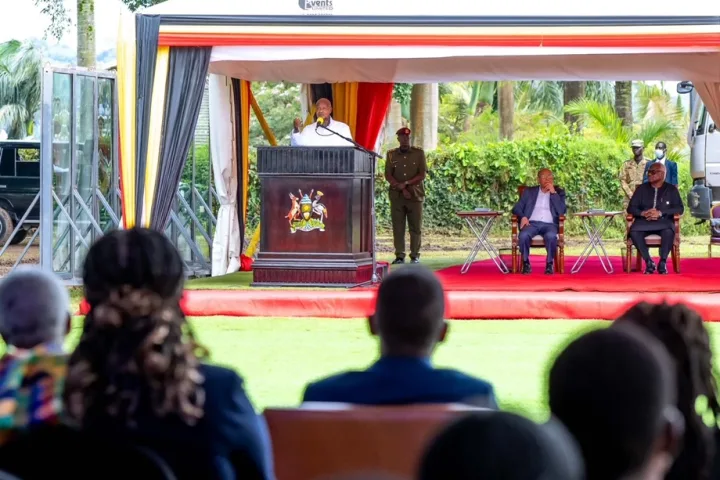
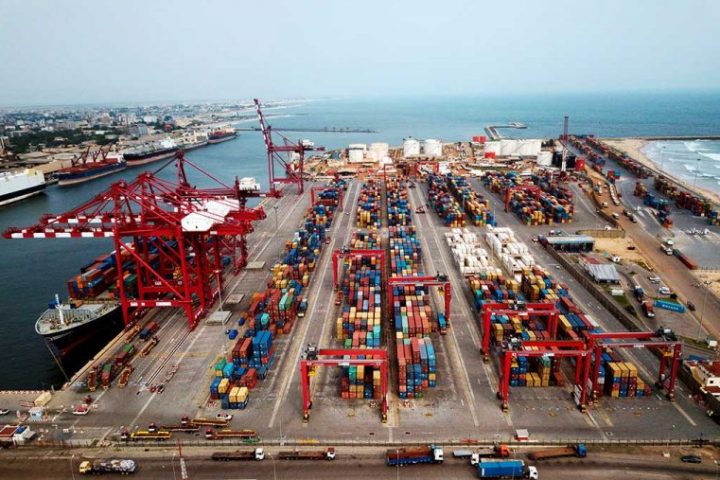









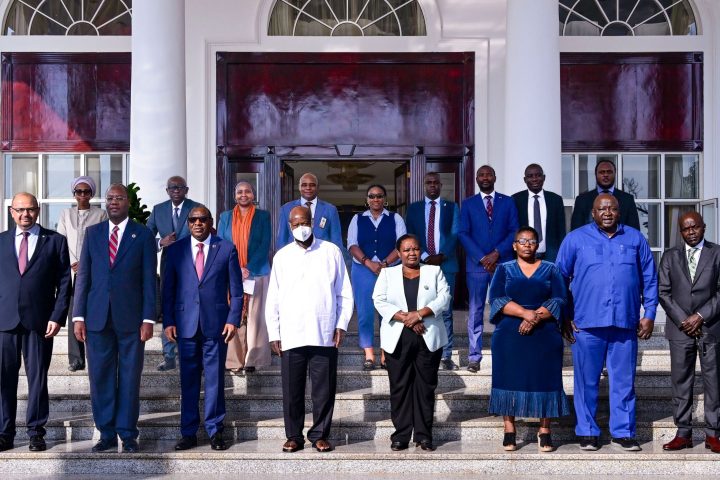

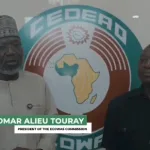
Follow Us